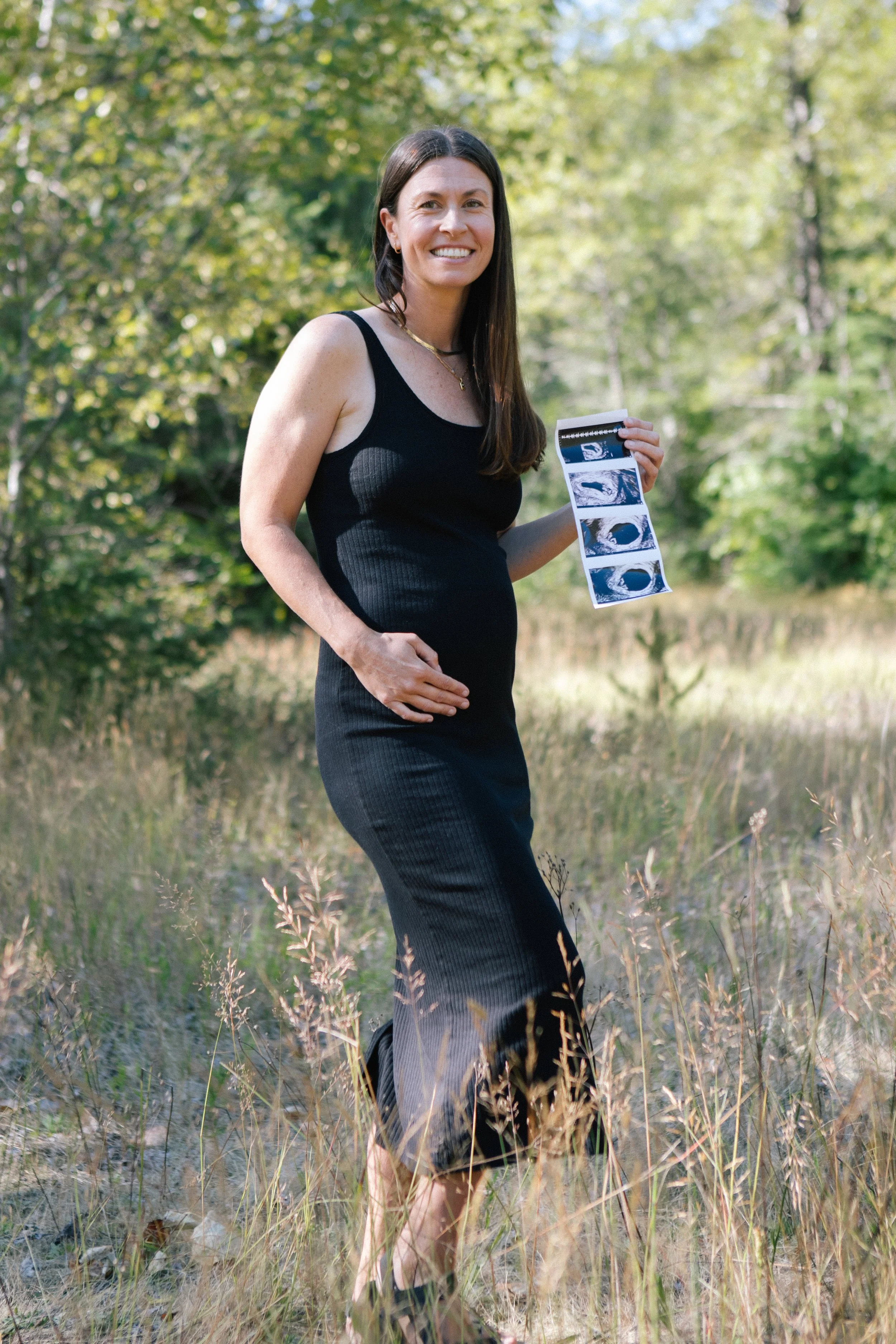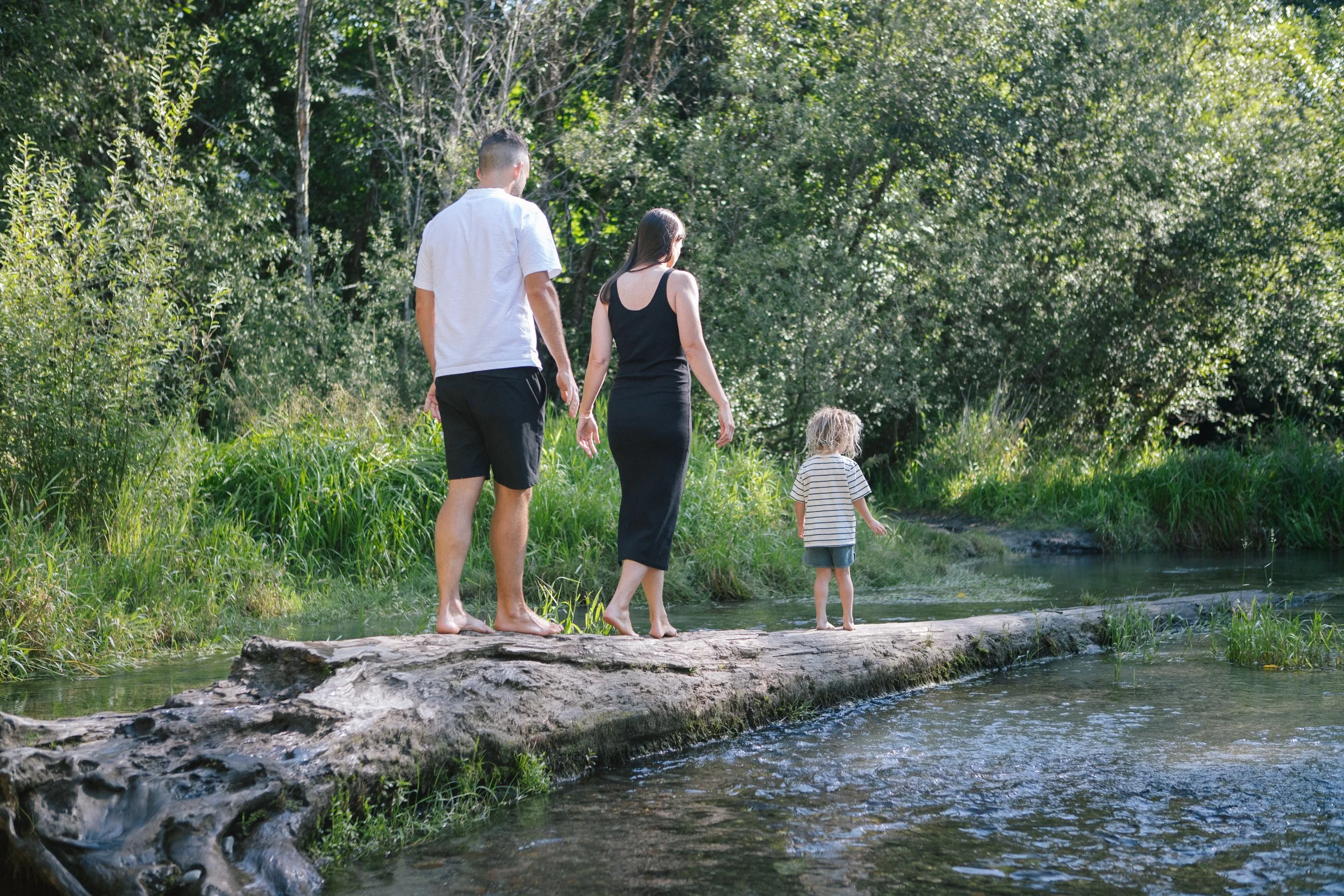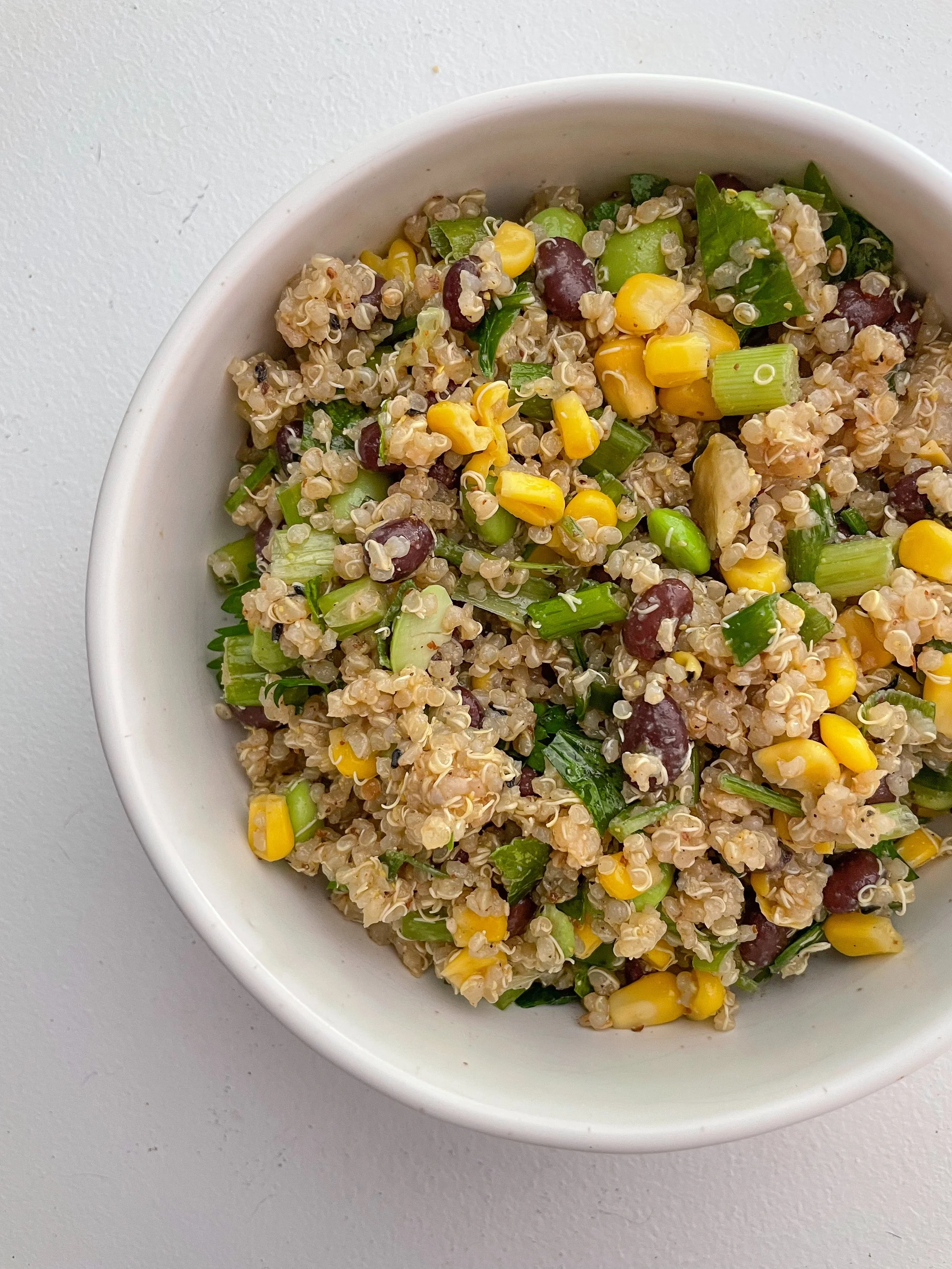FERTILITY TIPS FROM A GUT AND HORMONE NUTRITIONIST
16 weeks with our IVF baby
That’s conceived naturally and through IVF. I learned a lot about fertility through studying gut health, it’s so intertwined. I’ve helped clients get pregnant by supporting their PCOS and by removing unwanted gut infections that were causing inflammation and low vitamins. If you’re in your early 30’s you may be able to get pregnant easily - heck I gave birth at 37 and we tried twice - but as you get older things start to shift. It can become harder. It can be age related, DNA changes, but sometimes regardless of age, your body just needs some extra help. I highly recommend planning your pregnancy one year out so you have lots of time to ensure you’re clear of common infections like H. pylori, calprotectin is low, no parasites are present and your progesterone level is high enough (ie are you ovulating?)
Let’s get into my recommendations prior to pregnancy then I will give you suggestions during pregnancy. I will also touch on what to focus on if you’re having a harder time getting pregnant. I wish I started my tips at 38, but because it was so easy with our first, I didn’t consider secondary infertility. I hope this helps you!
My top fertility prep recommendations as a gut & women’s hormone nutritionist:
Regular dental appointments. one of the IVF doctors gives all her clients antibiotics because if you have an oral infection it will impact inflammation in the body (and likely gut health). It’s all connected. I’m not recommending that, but sharing to demonstrate the powerful connection. Brush your teeth when you wake up before eating or drinking anything!
If you’re in your late 30’s or older I highly recommend splurging on COQ10. I took 400 mg daily. This supports follicular health and mitochondria. You can take a blend for egg quality, but the dose of COQ10 is often lower
A GI-MAP stool test to rule out infections, parasites, dysbiosis & other causes of inflammation one year prior to conceiving, ideally. This is the most common test my clients ask for and I see massive changes in their symptoms and health once we find out more about their gut health. Learn more about the GI-MAP test here.
Take a quality prenatal 6-12 months prior to conceiving with folate and choline. Many brands contain low amounts and once pregnant, a boost is nice to ensure you don’t get too depleted. Ideally, Needed as its iron free so you absorb the other minerals better (US based). If low in iron, take it separately at night. Code JordanBruce for needed
I did take Vitamin E & cumin seed oil to help thicken endometrial lining because I was in a try everything state. The thickness of my lining wasn’t an issue. The pattern of the endometrium is more important than thickness too
Nervous system support is huge: walk outside, NORA overnight tea steep, acupuncture, acupuncture herbs if your TCM doctor recommends
Exercise and warm feet at night for circulation. You bet I drank beet juice leading up to my embryo transfer
Using Mira to ensure you’re ovulating & actually having sex in the right window. It’s accurate and my fertility Dr even recommended it to me (code Jordan for a discount). It’s also great for irregular cycles and tracking FSH in perimenopause
Optional: inositol for extra blood sugar support & NAC for extra antioxidants and detoxification
Once pregnant:
Omega 3 algae if you don’t consume seafood many times a week in addition to ALA rich foods like hemp, chia, flax
Fermented foods & optional probiotic
You’ll likely be nauseous, eat whatever you can. I barely ate until I got on diclectin. Bread was my go to and veggie intake went way down. Be gentle on yourself
Listen to hunger cues, as you get further along you’ll need more calories. This is not the time to restrict food. Many of my clients stopped getting their menstrual cycle and it was due to undereating
Prioritize sleep, I’m talking 9 hours
Progesterone to help maintain the pregnancy if older or have a history of miscarriage (talk to your team)
Trouble getting pregnant:
Could you have endometriosis or silent endo?
Check thyroid & antibodies (usually you have to pay for this as your GP will only do TSH unfortunately). Your antibodies will show abnormal before your TSH and thyroid hormones do
Eat a plant forward diet with lots of mineral rich food that anti-inflammatory
Your GP will refer you to a fertility clinic who will send you for testing to ensure no fallopian tube blockages
Don’t take antihistamines & NSAIDS
Low dose melatonin (1.5 mg an antioxidant) & magnesium are great for further mitochondrial support. I did both of these
Evvy vaginal microbiome test (I can now order these for you if you’re a client)
HTMA test to ensure your mineral levels are good (once pregnant and nursing, these go way down). Reach out if you’d like this test and a custom food based protocol
I hope this inspires you to focus on eating a nutrient dense diet, lowering stress, getting outside and paying out of pocket for some testing. Not being able to get pregnant when you want to is all consuming, trust me, I know. If you’ve done all the above and it’s still not working out for you and you want more info about my IVF journey, I’ve saved the Q&A from Instagram in my highlights. IVF was so hard emotionally, but now that i’m in my second trimester I do believe it was worth it. I’m taking it day by day and hoping for a healthy baby. I’m thinking of you on your fertility journey. With love, Jordan.
Like this post and share it with a friend who wants to conceive or is pregnant. 💞
Looking for further support? I’d love to help you. Click here to learn more.































